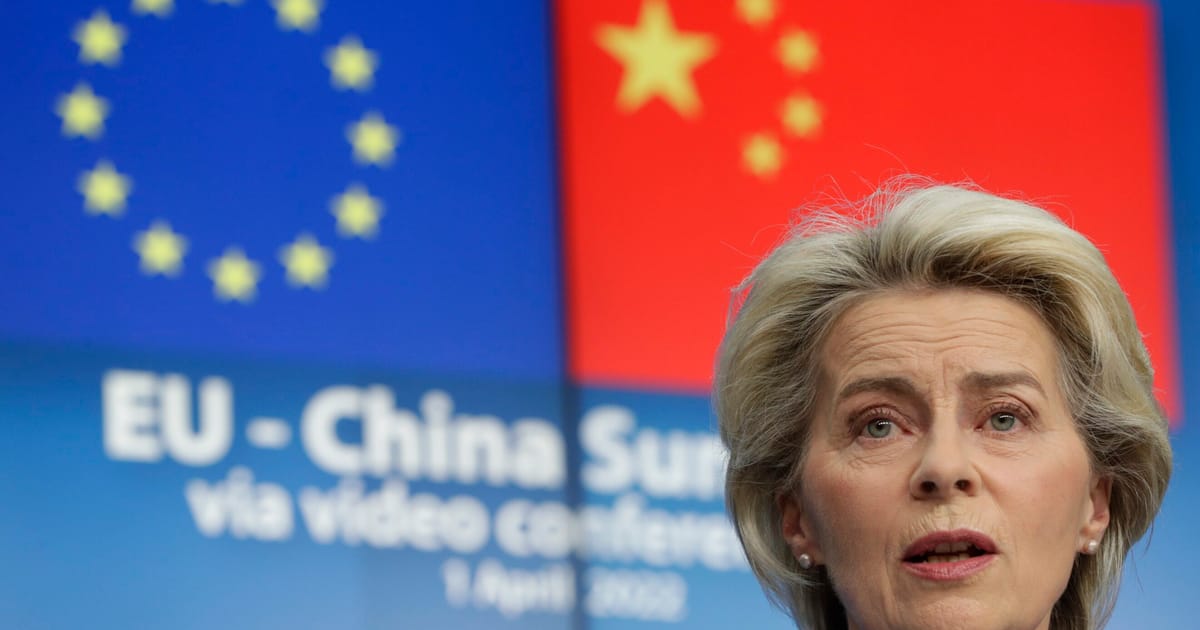

In recent global events, key discussions have unfolded among world leaders, signaling a potential shift towards more peaceful resolutions in long-standing conflicts. The diplomatic landscape took a significant turn with multiple high-profile meetings and proposed negotiations aimed at resolving tensions in hotspots around the globe.
One focal point of these discussions is the eagerly anticipated summit involving the European Union and China. European Commission President Ursula von der Leyen emphasized the necessity of achieving a balanced partnership, setting the stage for constructive dialogues when the summit convenes in Beijing in the coming weeks. Her remarks underline the EU’s commitment to rebalancing trade relations and addressing mutual concerns with China, which could lead to strengthened ties and increased cooperation.
Meanwhile, in Washington D.C., Israeli Prime Minister Benjamin Netanyahu and U.S. President Donald Trump collaborated in talks that focused intensively on the ongoing conflict in Gaza. As the conflict inches towards its 21st month, efforts to reach a ceasefire have been reinvigorated. The discussions were characterized by a hopeful outlook, as the two leaders navigated the complexities of negotiating peace, amidst calls to address the humanitarian impacts of the conflict. Netanyahu’s nomination of Trump for the Nobel Peace Prize exemplifies the shared belief in diplomacy as a tool for reconciliation and peace-building.
The conflict in Gaza, which began with significant violence in October 2023, has presented formidable challenges, resulting in extensive casualties. However, the recent dialogues between U.S. and Israeli representatives mark a revitalized effort to mediate and potentially resolve this enduring conflict. Trump’s administration has expressed readiness to engage in indirect talks via intermediaries in Qatar, seeking a viable pathway to ceasefire agreements. This renewed commitment to dialogue underscores the international community’s determination to alleviate suffering and restore stability in the region.
Parallel to these efforts, Trump’s administration is also exploring avenues for negotiations with Iran. The Republican president’s recent assertions suggest Iran’s interest in resuming talks with the White House, a move that could de-escalate tensions following the brief military engagement over Iran’s nuclear program. These proposed talks offer a glimmer of hope for reduced hostilities and a pathway forward in diplomatic relations.
Across the Atlantic, there are developments in European security and immigration policies, with leaders such as UK Prime Minister Keir Starmer and French President Emmanuel Macron working towards agreements to manage border crossings and asylum seeker returns. Strategic collaborations in this realm aim to enhance security while respecting humanitarian obligations, demonstrating Europe’s commitment to comprehensive solutions in addressing immigration challenges.
On an environmental front, the UK faces scrutiny over the practice of spreading treated sewage sludge on farmland, a measure found to potentially pose risks due to contaminants like microplastics and toxic waste. This situation highlights the need for careful environmental management and regulatory oversight to protect natural resources and public health.
Amidst these international dialogues, the role of effective policy-making remains critical, reflecting the importance of leadership in guiding nations through complex geopolitical landscapes. With ongoing negotiations and policy deliberations, the global community stands at a crossroads, guided by a collective ambition towards sustainable peace and cooperation. These engagements, characterized by their cautious optimism and diplomatic finesse, set the stage for potential positive outcomes in global peace efforts.
Source: {link}
